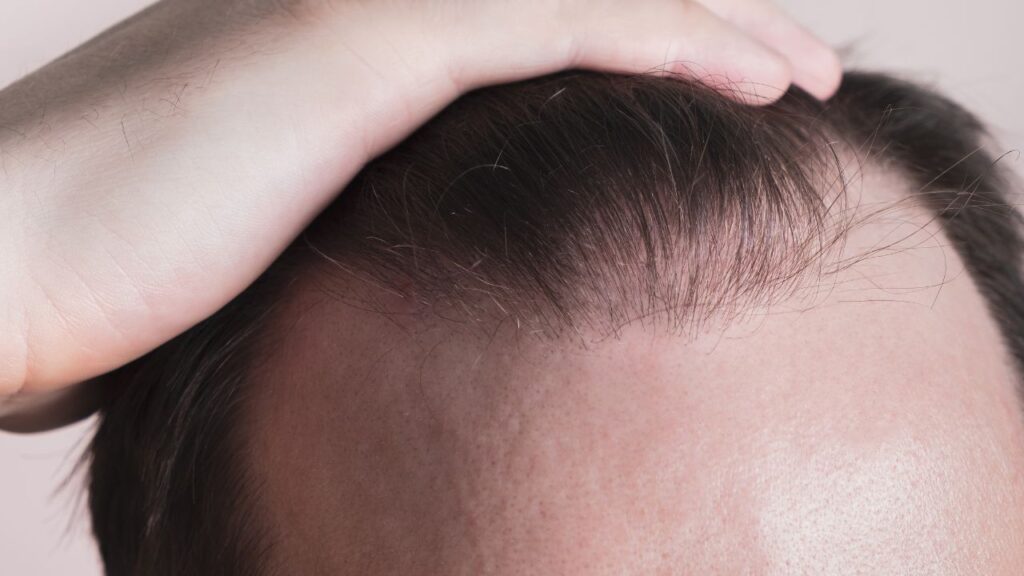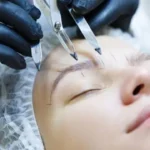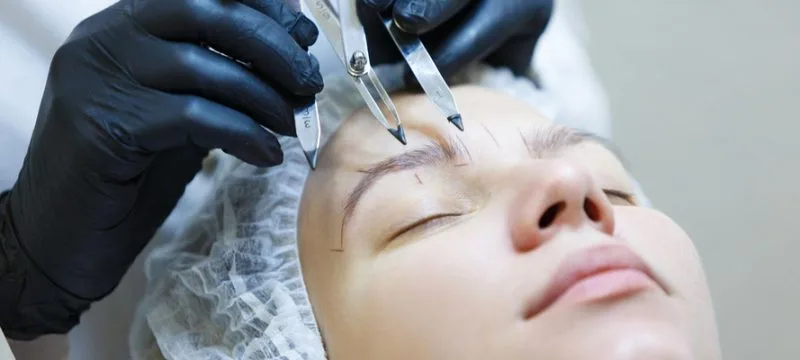Deciding to undergo a hair transplant is a significant consideration for men in their 30s, marked by the onset or progression of hair loss for many. The allure of restoring one’s hairline is understandable, yet this path demands a careful, informed approach. Here’s a deeper dive into the considerations that underscore the need for caution.
Understanding the Nature of Hair Loss
Hair loss, especially androgenetic alopecia, is deeply rooted in genetics and hormonal shifts. While hair transplants can significantly improve your appearance, it’s crucial to remember that this procedure doesn’t stop the hair loss process. Many of my patients in their 30s are still in the early stages of hair loss, which means their hair loss pattern isn’t fully established. Opting for a transplant too early might not account for future loss, potentially leading to outcomes that could seem unnatural or require further surgeries.
The emotional journey is just as important as the physical aspect. It’s essential to have a realistic grasp of what a hair transplant can achieve. Despite the advances in technology, we are working against a continuing condition, not eradicating it. This distinction is crucial for setting realistic expectations and achieving satisfaction with the outcome.
The Importance of a Stable Donor Area
The success of a hair transplant is significantly dependent on the quality and density of your donor area. In your 30s, predicting the progression of your hair loss can be challenging, making it difficult to ensure there will be enough high-quality donor hair for both now and the future. Harvesting too aggressively at an early stage can deplete this area, limiting options for future restoration and potentially compromising the aesthetic results.
This scenario underscores the importance of a well-thought-out strategy, one that I always discuss in detail with my patients. Planning for the long term, considering the unpredictability of hair loss, is a critical part of the consultation process.
The Psychological Impact and Expectations
Embarking on a hair transplant journey is a significant emotional decision. My role extends beyond the technical aspects of surgery to helping patients set realistic expectations. The anticipation surrounding the procedure and its outcomes can sometimes cloud the reality that the transplanted hair may look, feel, or grow differently than the original hair.
Adjusting expectations and preparing for the psychological impact of these changes is something I spend a lot of time discussing with my patients. Ensuring a clear understanding of what the surgery can realistically achieve helps in aligning expectations with the probable outcomes, which is vital for post-procedure satisfaction.
The Importance of Starting on Medical Therapy
Before we delve into the specifics of surgical hair restoration, one crucial step I always recommend is exploring medical therapies for hair loss. Medications such as Finasteride and Minoxidil have been proven to slow down or even reverse hair loss in some cases. Starting on these treatments can provide a clearer picture of how your hair loss is progressing and, in many instances, significantly delay the need for surgical intervention.
This approach is not just about buying time; it’s about utilizing a less invasive method to manage your hair loss initially. For many men, medical therapy can stabilize hair loss and increase the thickness of existing hair, creating a better foundation for a transplant if it becomes necessary later on. It’s a step that underscores the commitment to a comprehensive, thoughtful approach to hair restoration, prioritizing the health and longevity of your hair.
Deciding to address your hair loss, whether through medical therapy or a hair transplant, is essentially embracing a lifelong commitment to taking care of your hair. This journey goes beyond the initial treatment phase, requiring ongoing attention and care to maintain the health and appearance of your hair over time. As your surgeon, I stress the importance of viewing hair restoration not as a one-time event but as a long-term commitment to your self-care routine.
This commitment might involve continuing medical treatments even after a hair transplant, regular follow-ups with your hair restoration specialist, and adopting hair care practices that support the health of your transplanted and existing hair. It’s about understanding that while hair restoration can significantly enhance your appearance and self-confidence, the sustainability of these results depends on your ongoing dedication to hair care.
The Financial and Time Investment
Choosing to undergo a hair transplant involves not just a financial investment but also a commitment of time. There’s the immediate cost of the surgery, the recovery period, and the patience required to see the full results, which can take up to a year. For many men in their 30s, balancing this with other life priorities requires careful consideration.
Additionally, the progression of hair loss may necessitate future treatments to maintain the desired look, implicating further investment. It’s a discussion I have upfront with my patients, ensuring they’re aware of the commitment they’re making.
From my perspective as a hair surgeon, the decision to undergo a hair transplant in your 30s is one that requires careful thought and consideration. Understanding the procedure’s limitations, the ongoing nature of hair loss, and the importance of realistic expectations are all crucial. My aim is always to ensure that any decision made is in the best interest of my patients’ long-term appearance and well-being. Taking a cautious, informed approach is key to achieving satisfaction with your hair restoration journey.
























